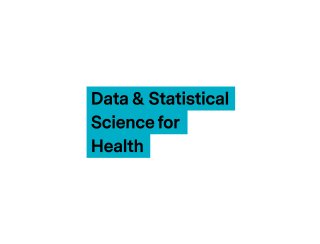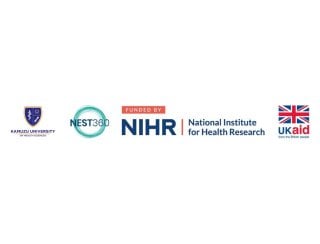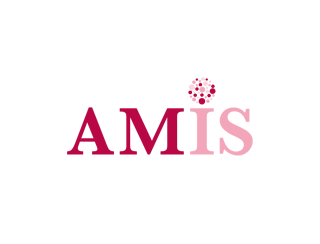Centres, groups and projects
Centres, groups and projects
With research grant income of more than £180 million per year, LSHTM is home to a large number of exciting and impactful research activities. We have a global presence with staff conducting research in more than 100 countries and we are deeply committed to working in collaboration with external partners. We are also home to four designated World Health Organization Collaborating Centres.
Featured research
Explore all Centres, groups and projects
A
Adapting a complex violence prevention intervention.
Reconstructing Africa’s demographic past. Exploring new sources, methods and technologies to uncover long-term population trends.
The Afya Consortium for research on public health threats in populations affected by crises: a multi-disciplinary, collaborative research programme
How does agriculture affect health? Besides its impact on diets and nutrition, changing agricultural landscapes and food systems can have major effects on the transmission of human infectious diseases. We study these interactions and welcome other LSHTM researchers and collaborators to join us in this exciting work.
Broadening the evidence base on HIV epidemiology for informing policy, strengthening the analytical capacity for HIV research, and fostering collaboration between network members.
AMBITION (High Dose AMBISOME on a Fluconazole Backbone for Cryptococcal Meningitis Induction Therapy in sub-Saharan Africa: A Randomised Controlled Non-inferiority Trial) is a four-year project funded at just under €10M by the European and Developing Countries Clinical Trials Partnership, the Swedish International Development Agency and the DFID/MRC/Wellcome Trust Joint Global Health Trials Fund. It runs from 1 January 2017 – 31 December 2020 across a consortium of five European and six African partners.
The AMRnet project aims to develop a data-visualisation dashboard that makes genome-derived antimicrobial resistance (AMR) data accessible to a wide range of stakeholders including policy makers.
The Anthropological Approaches to Global Health group (AAGH) brings together a team of medical anthropologists conducting innovative research on a variety of topical challenges in global health
We provide a forum for discussion, research dissemination, and building new research collaborations between researchers within LSHTM who associate themselves with this discipline.
We develop perspectives on antimicrobial resistance that draw from social theories about medicines, care, technologies, infrastructures, global arrangements on health, multi-species interactions, futures and more.
The Anti-fibrinolytics Trialists Collaboration (ATC) is an international collaboration to conduct individual patient data meta-analyses of results from randomised trials of anti-fibrinolytics versus placebo.
Fresh approaches to the study of antimicrobials in society.
Inspiring innovation in AMR research through interdisciplinary and international engagements.
The Andhra Pradesh Children and Parents’ Study (APCAPS) is a prospective inter-generational cohort that has been incrementally built through long-term follow-up of a nutrition trial (1987-90) in Telangana, south India.
Ayurveda for Promoting Recovery In Long COVID (APRIL) is a randomised trial examining whether a traditional Indian herbal medicine benefits adults suffering with long-term symptoms of COVID-19 (Long COVID) in the UK.


